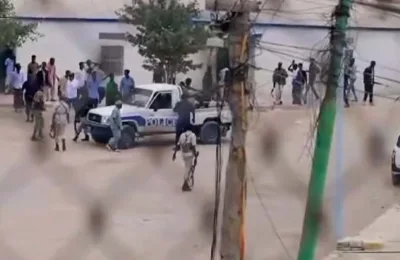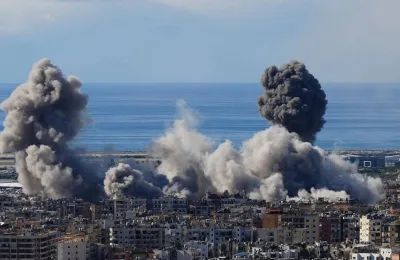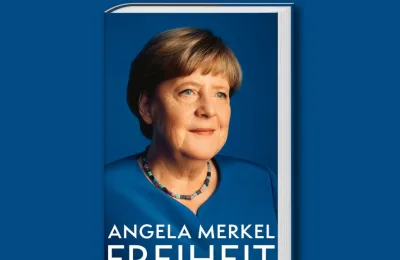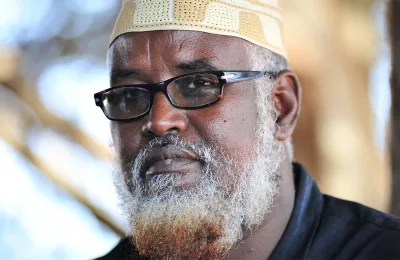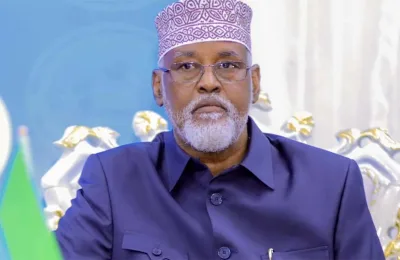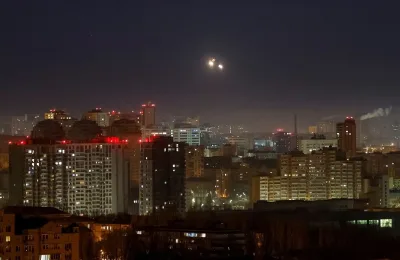The killing of an unarmed Australian woman by a Minneapolis police officer who is a Somali-American…

The killing of an unarmed Australian woman by a Minneapolis police officer who is a Somali-American has turned an unwelcome spotlight on the city’s beleaguered Somali community, where many again find themselves on the defensive.
The city’s police chief said Officer Mohamed Noor’s race and ethnicity had nothing to do with the July 15 killing of Justine Damond, who was shot after she called 911 to report a possible rape. But negative comments have included former U.S. Rep. Michele Bachmann’s recent statement that Noor was an “affirmative-action hire by the hijab-wearing mayor of Minneapolis” – an apparent reference to the fact that Mayor Betsy Hodges has worn a head scarf when meeting with leaders of the city’s Somali-American community. Bachmann also suggested Noor may have shot Damond for “cultural” reasons.
But Mohamud Noor, a community advocate who is not related to the officer, said the shooting “has nothing to do with the Somali community, period.”
“It’s easy to target individuals who are from a small minority community and say, ‘See, I told you so,’ rather than focusing on the issue we have, which is a police issue.”
Damond, a white, 40-year-old spiritual teacher who was engaged to be married in August, was shot by Officer Noor as he sat in the passenger seat of a police vehicle. Noor’s partner, who was in the driver’s seat, told investigators he was startled by a loud noise immediately before Damond approached the squad car. Noor fired across his partner and through the driver’s side window, hitting Damond once in the abdomen.
Police Chief Janee Harteau, who resigned Friday, criticized Noor’s actions but said he was well-trained. On Thursday, she dismissed the notion that he was an affirmative-action hire, saying: “This is about an individual officer’s actions. … It’s not about race or ethnicity.”
From Sunday until noon Friday, the city had logged 55 complaints to its civil rights division, many expressing concern or anger about the shooting. Several were characterized as derogatory, discriminatory or anti-Muslim. At least one death threat was made against Noor.
Minnesota is home to the largest Somali community in the United States, roughly 57,000 people according to the latest census figures, most of whom live in the Minneapolis area. The immigrants have been coming to Minnesota from their war-torn homeland since the 1990s, drawn by generous social services and the sense of community among the diaspora.
Minneapolis has made an effort in recent years to hire more Somali officers to ensure the department “reflects the city,” and Hodges said that effort will continue. The Somali officers on the force are seen as community role models, and are among the success stories of the immigrants in Minnesota.
The Somali community also is seeing its political influence grow. Ilhan Omar gained worldwide attention when she was elected to be the United States’ first Somali-American state legislator last November. Her election followed that of Abdi Warsame to the Minneapolis City Council in 2013. He was the first Somali elected to a U.S. city council. Somalis also serve on the Minneapolis and Mankato school boards.
But there have been troubles along the way, too.
More than 22 young men from the community have left the state since 2007 to join al-Shabab in Somalia, and roughly a dozen people have left in recent years to join militants in Syria, including the Islamic State group. In November, nine men were sentenced on terror charges for plotting unsuccessfully to join the group and fight in Syria.
Separately, a 20-year-old Somali-American went on a stabbing rampage at a shopping mall in St. Cloud last September, wounding 10 people before an off-duty police officer fatally shot him.
Community, city and government leaders have worked to combat such violence, with programs including a pilot project designed to counter violent extremism by bolstering social services for Somali youth. State funding was allocated to similar programs to help keep the community engaged.
Farhio Khalif, a Somali and women’s advocate, called Damond’s shooting “unacceptable” and said the incident has taken a toll on local Somalis.
“We didn’t do anything wrong,” she said. “We are Minnesotans. We come together and light the candle as Minnesotans and treating us as different is unfair. … Just like in the Somali terrorist cases – this community is not a terrorist community.”
Abdirizak Bihi, another community advocate, said when other officers have fatally shot people, city leaders have typically reserved judgment until all facts are in and the police union has stood up for the officers. In this case, he noted, the union hasn’t been vocal and the police chief spoke out against the officer’s actions.
“What in the world is that supposed to mean?” he said. “This was completely different because of his ethnicity, and that’s what scares the hell out of us.”
Source: AP

